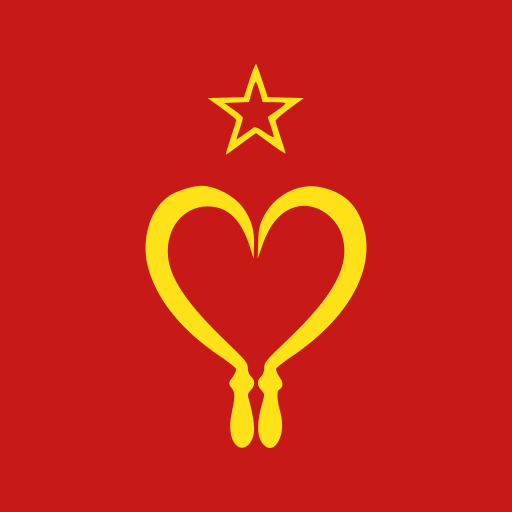To preface, this is not praxis or relevant, and I’m not going to pretend it is. Nor am i going to pretend like this is aplicable to anything irl. I’m legitimately just curious about the socialist perspective on this.
Anyway, I just finished up playing a certain game (which I won’t name cause spoilers, but if you’ve seen a crow in a broken mirror then you know what I’m talking about) and it was another one of those stories where charecters try to “end death” and ergo end suffering. Evangelion does this too, if I remember right [it’s been a few years since i watched it so i might be wrong]. and it shows up uncommonly in some other places like pathologic, and honestly I’m conflicted.
Essentially the idea is that some charecter(s) have the power (or wish to) end death in some way or to create some general entropy where people are united as a general whole and not in singularity. From what i can tell, the characters who wish for this are depicted all in some negative light, or at the very least are on the wrong side of things (this is just my interpretation of course). For pathologic the charecter is depicted as generally stupid and incompetent and utopian, in eva its depicted as evil and selfish, and in the game I just played the character is depicted as essentially desperate and afraid.
And, I think thats right, right? The general anti-thesis to these characters is that to have something is to necessitate nothing, and visa versa. If you were to have no suffering you would have no happiness, and if you had no death there would be no change. This feels correct, and possibly even dialectical (I think, honestly the philosophy of marxism still eludes me to an extent. Sorry Gramsci). But simultaneously there’s two things nagging in the back of my mind.
First is the similarity of these arguments to those used by conservatives to continue the capitalist system. That if there was no suffering that there would be nothing to live for, and that the death and suffering caused by capitalism is just the nature of the world.
The second is that death is the status quo, the cycle is the status quo. But those ending death are seen in the opposite light, that they are the ones in power and it is through death and change that the people are liberated, in a sense. Personally I’m…wary of stories where the ones threatening the status quo are seen as bad (discounting Eva, since SEELE are the ones in power and I don’t want to defend fascists and all)
Like I said, obviously this matters very little. I doubt any of us are going to be given godlike powers to change the fabric of the universe. But I wanted some different perspectives on this than from what I’ll see from liberals and such.


Don’t know how to add much to the discussion, but there is also a lot of stories that take “end of death” as a premise rather than the conclusion. On an individual level that applies to vampire stories, but on a world level every Souls game is an example of that too.
In the case of Evangelion I think it’s not only end of death, but end of all divisions and “coming together as one” to the most extreme. I haven’t ever read Hegel but I have a nagging feeling that his theory can have great dialogue with those sorts of media (and his critiques serve to critique them as well).
Regarding SEELE specifically, they remind me of a quote in Mussolini’s own definition of fascism.
Of course, if you’re minimally critical you realise that the ruling interests of this “whole of a people” are necessarily those of the ruling class (or SEELE).